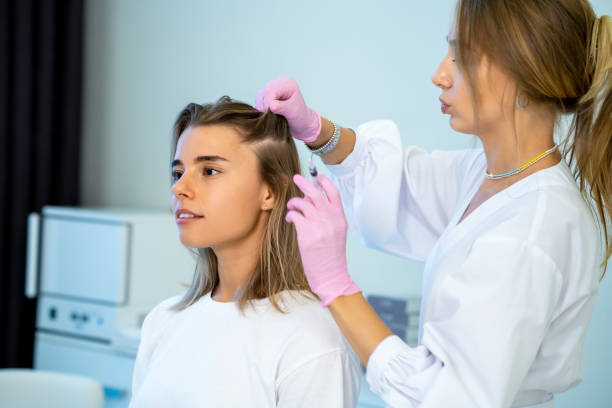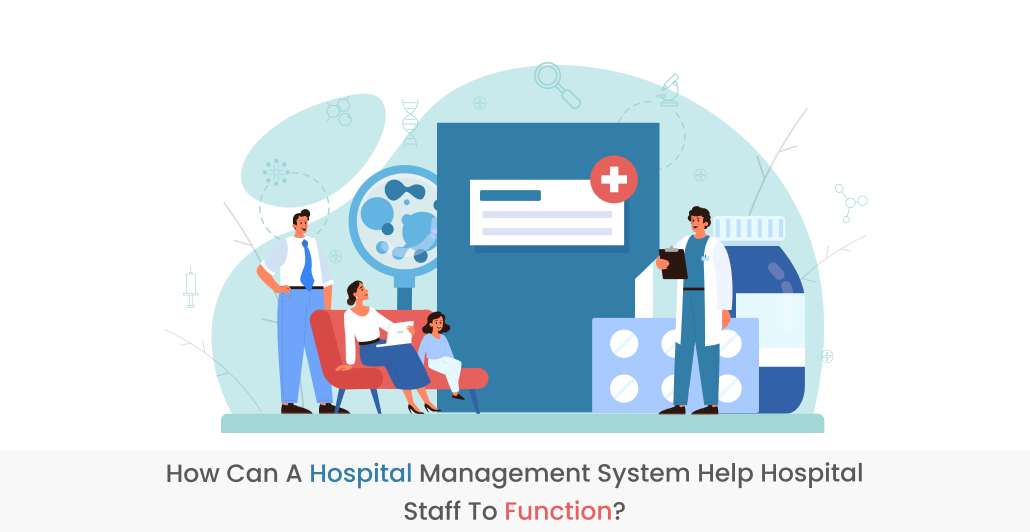Hair loss, a natural phenomenon often associated with aging, has long been a concern for individuals seeking to maintain their youthful appearance and confidence. However, with advancements in medical technology and aesthetic procedures, hair restoration services have emerged as a transformative solution, offering individuals the opportunity to turn back the clock on hair loss and regain a sense of vitality. In this article, we delve into the various aspects of hair restoration services, exploring their effectiveness, benefits, and impact on individuals’ overall well-being.
Understanding Hair Loss: A Common Concern
Hair loss, medically termed as alopecia, can occur due to various factors, including genetics, hormonal changes, medical conditions, and lifestyle choices. While it is a natural part of the aging process for many individuals, experiencing hair loss can be emotionally distressing, affecting self-esteem and confidence levels. Moreover, societal standards of beauty often place significance on a full head of hair, exacerbating the psychological impact of hair loss on affected individuals.
For centuries, people have sought remedies for hair loss, experimenting with an array of treatments ranging from herbal remedies to elaborate hairstyles to conceal thinning hair. However, it wasn’t until recent decades that significant advancements in medical science paved the way for more effective and long-lasting solutions.
The Evolution of Hair Restoration Services
Hair restoration services have undergone a remarkable evolution, transitioning from rudimentary techniques to sophisticated procedures that yield natural-looking results. One of the most revolutionary advancements in this field is the development of hair transplantation techniques, which have transformed the landscape of hair restoration.
Hair transplantation involves the surgical transfer of hair follicles from a donor site, typically the back or sides of the scalp, to the recipient area experiencing hair loss. Over the years, techniques such as Follicular Unit Transplantation (FUT) and Follicular Unit Extraction (FUE) have refined the process, enabling surgeons to achieve precise and aesthetically pleasing outcomes.
FUE, in particular, has gained popularity for its minimally invasive nature, utilizing advanced technology to extract individual follicular units without leaving visible scars. This technique offers patients a quicker recovery time and a more comfortable post-operative experience compared to traditional methods.
The Promise of Non-Surgical Solutions
While surgical hair restoration procedures offer permanent results, not everyone is a suitable candidate or may prefer non-invasive alternatives. Fortunately, advancements in non-surgical hair restoration treatments have expanded the options available to individuals seeking to address hair loss.
One such treatment is low-level laser therapy (LLLT), which utilizes safe, non-thermal light energy to stimulate hair follicles, promoting hair transplant near me growth and thickness. LLLT can be administered through specialized devices at home or in clinical settings, offering a convenient and painless solution for individuals with early-stage hair loss or as a complementary therapy following surgical procedures.
Additionally, topical medications such as minoxidil and finasteride have been clinically proven to slow down hair loss and stimulate regrowth in some individuals. These medications are available over-the-counter or by prescription, providing accessible options for those seeking pharmaceutical interventions for hair loss.
Beyond Physical Transformation: The Psychological Impact
While hair restoration services undoubtedly contribute to physical transformation by reversing the effects of hair loss, their impact extends far beyond mere aesthetics. For many individuals, regaining a full head of hair represents more than just a cosmetic enhancement—it signifies a restoration of confidence, self-assurance, and youthfulness.
The psychological effects of hair loss can be profound, often leading to feelings of embarrassment, insecurity, and diminished self-worth. By addressing hair loss through restoration services, individuals can experience a significant boost in their overall well-being, reclaiming their sense of identity and vitality.
Moreover, research has shown that improvements in physical appearance, including hair restoration, can positively influence various aspects of life, including social interactions, career opportunities, and romantic relationships. By restoring a youthful appearance, individuals may feel more empowered to pursue their goals and engage more fully in life’s experiences.
Conclusion: Embracing the Future of Hair Restoration
In conclusion, hair restoration services represent a transformative solution for individuals seeking to reverse the effects of hair loss and reclaim their confidence and youthfulness. Whether through surgical procedures like hair transplantation or non-invasive treatments such as laser therapy and topical medications, modern advancements in hair restoration offer viable options for individuals at various stages of hair loss.
Beyond the physical transformation, the psychological impact of hair restoration cannot be overstated. By addressing hair loss, individuals can experience a profound improvement in their overall well-being, enjoying increased confidence, self-esteem, and quality of life.
As we continue to witness advancements in medical technology and aesthetic procedures, the future of hair restoration appears promising, offering hope and rejuvenation to countless individuals worldwide. By embracing these innovations, individuals can confidently turn back the clock on hair loss and embrace a more vibrant, youthful version of themselves.










